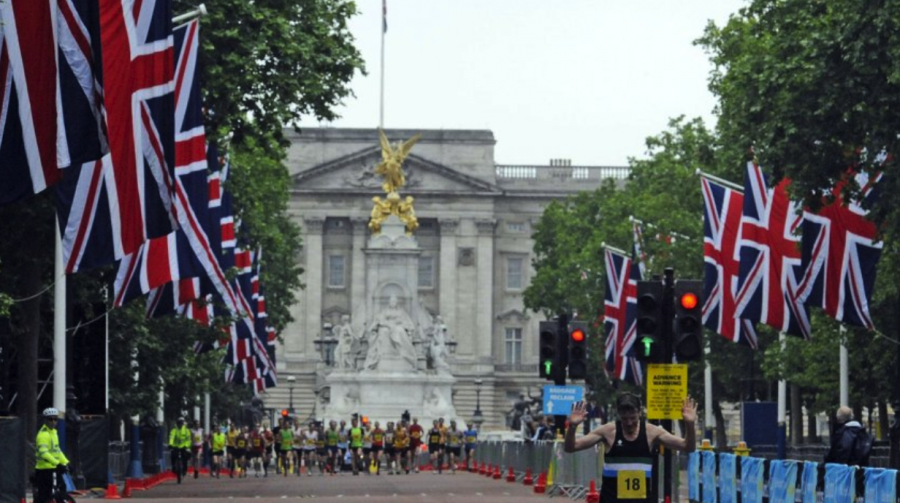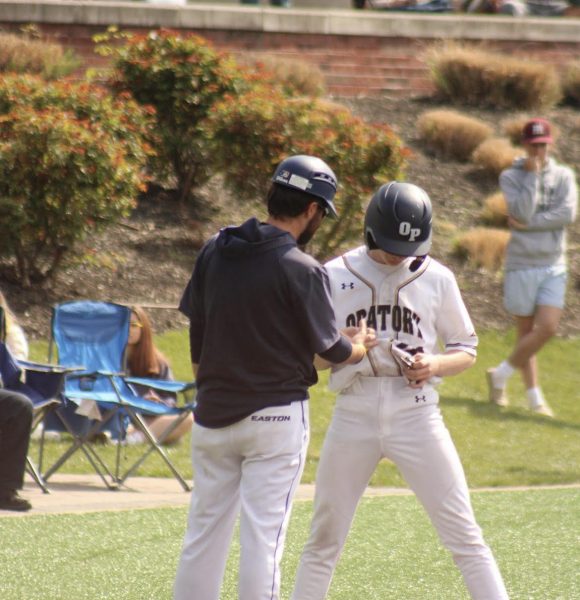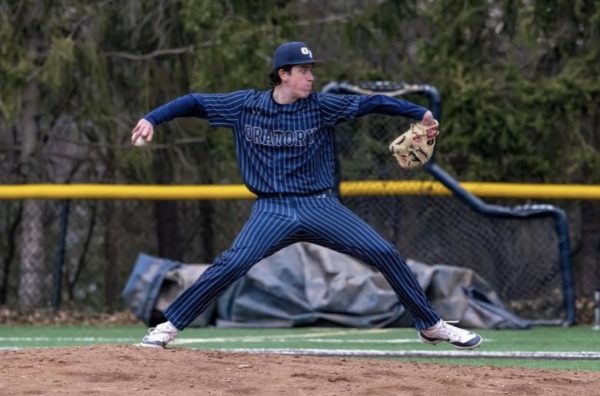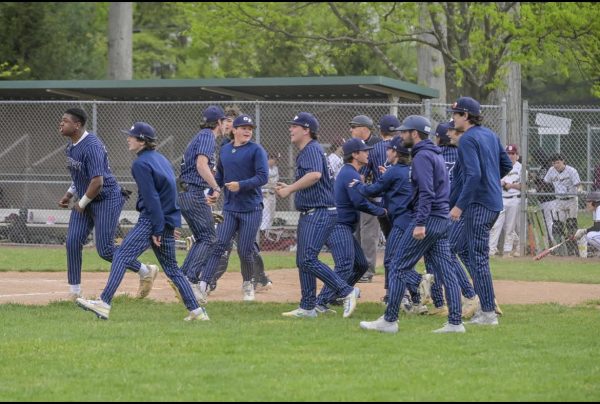What’s the Best Temperature to Run In?
October 19, 2020
The first consideration anyone has when they are about to go for a run is how the weather is looking, particularly temperature. This helps them consider the appropriate attire, how long they want to run for, and, in some extreme cases, if they even end up running at all. For a long period of time, it was assumed that the temperature when you ran wouldn’t really impact anything but comfort, but as efficiency in running continues to be studied at its core, more and more specified running settings are discovered. These settings are so impactful that it has been discovered that the temperature outside can actually impact how fast you run.
After studying the ideal temperature for a marathon runner to run as fast as possible, a French athletic research organization was able to calculate which temperatures meant faster times. Unfortunately, there is not one golden temperature that works for everyone, and that all has to do with pace. A world class professional marathon runner will, over the course of 26.2 miles, consume nearly double the amount of oxygen in 2 hours and 10 minutes than of someone who runs 26.2 miles in 4 hours (statistics courtesy of Runner’s World Magazine). The person running faster therefore is generating more heat, and so a cooler temperature will better suit the more heat being generated. Top marathoners tend to prefer a temperature in the high 30s, and those running the times above the three hour mark tend to prefer a temperature of about 42 degrees Fahrenheit. After tons of collective data, it has been concluded that overall speed in marathons with mass participation is speedier at temperatures of 42 degrees Fahrenheit, but marathons exhibiting the fastest speeds of all time are usually raced with a sub 40 degree temperature.
Though this impact is marginal, it has been the main explanation for why the Paris marathon course can be faster than the Chicago course despite being hillier. As running continues to be a world where every second counts, especially at the top level, studies like these will accumulate over time and be able to find the absolute perfect racing conditions for runners to compete in.
Runner’s World Magazine article – https://www.runnersworld.com/races-places/a20824056/whats-the-optimal-temperature-for-marathons/











